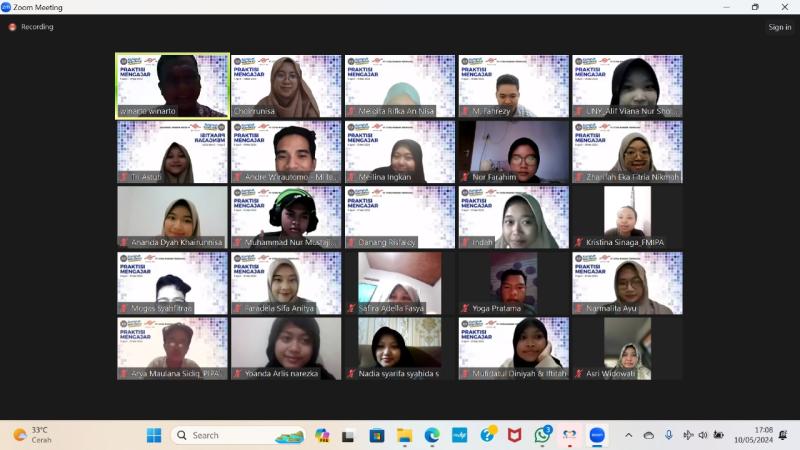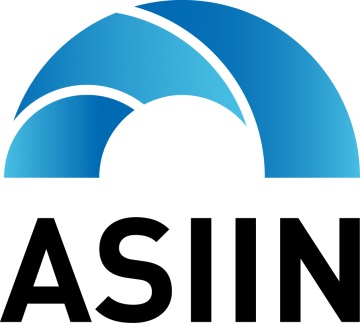 Bahasa Indonesia
Bahasa Indonesia English
English
You are here
Integrating Virtual Reality in Science Education: Preparing Students for 21st Century Learning Challenges
Primary tabs

Virtual reality (VR) plays an important role for science education students in facing the challenges of 21st century learning. Through VR technology, students can experience immersive and interactive learning, allowing them to explore scientific concepts in a more immersive and realistic way. This not only enhances the understanding of complex concepts, but also facilitates the critical and creative skills required in the modern world of science. Thus, the integration of VR in the science education curriculum not only enriches the teaching-learning process, but also prepares students to become adaptive and innovative scientists and educators in the future. This is the consideration for teaching the creation of Virtual Reality (VR)-based science learning media. Making this type of learning media is a challenge in itself as the images produced are 3D-based and can also be accompanied by sound.

It is Andre Wirautomo, S.H.Int., M.Si. from Shinta VR who teaches VR making through the Teaching Practitioner Program at UNY Science Education Study Program in the science learning media course. This course is taught by a team of lecturers consisting of Dr. Laifa Rahmawati, Dr. Asri Widowati, Susilowati, M.Pd, and Dr. Winarto. On this occasion Mr. Andre explained about AR VR technology, VR storyboarding and VR creation through Millealab. The selection of Millelab to support VR development has several advantages. First, the platform provides a user-friendly interface, allowing users without deep technical background to create VR content easily. Second, Millealab offers a variety of customizable templates and tools, making it easy to create interactive simulations and engaging learning environments including presenting narration voices. Third, it seamlessly integrates with commonly used VR hardware, ensuring compatibility and optimal performance, such as running on smartphone devices without having to use Oculus glasses. In addition, Millealab also provides comprehensive educational support and resources, helping users understand and maximize the potential of VR. Thus, Millealab facilitates the creation of innovative and effective VR content without requiring large investments in technical training or specialized equipment. This activity took place online for three meetings with a duration of 4 hours each meeting in May 2024. Students are enthusiastic about participating in this series of activities as shown by student participation during the lecture until the end of the lecture. The assignment of making VR was also done by students until it was completed and presented at the final session of this program
Kontak Kami
Program Studi Pendidikan IPA
FMIPA Universitas Negeri Yogyakarta
Kampus Karangmalang Yogyakarta 55281
Email: s1pend_ipa@uny.ac.id
Instagram: @depdikipauny


Copyright © 2026,


